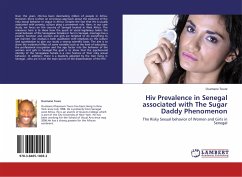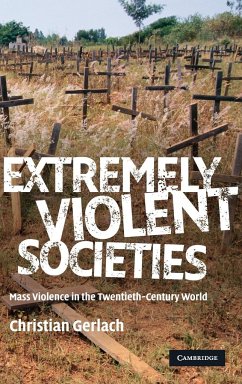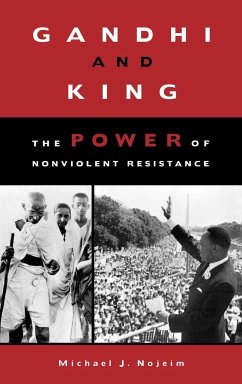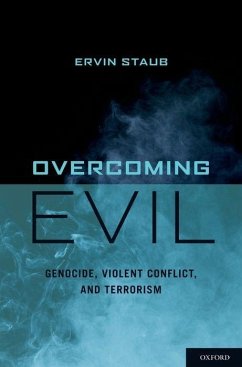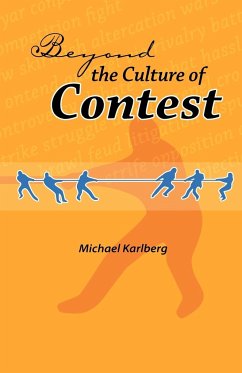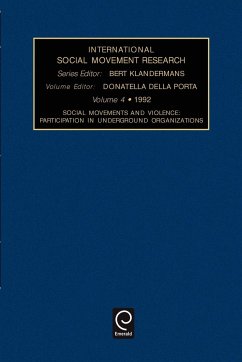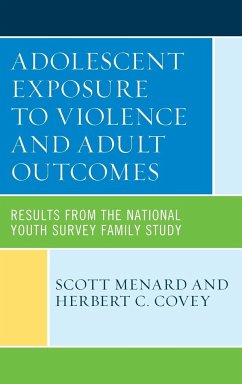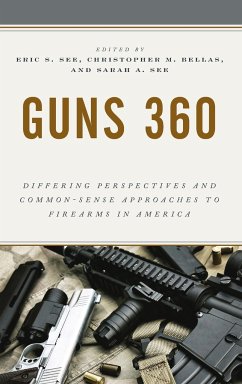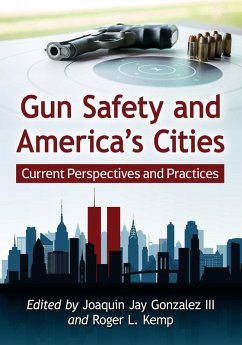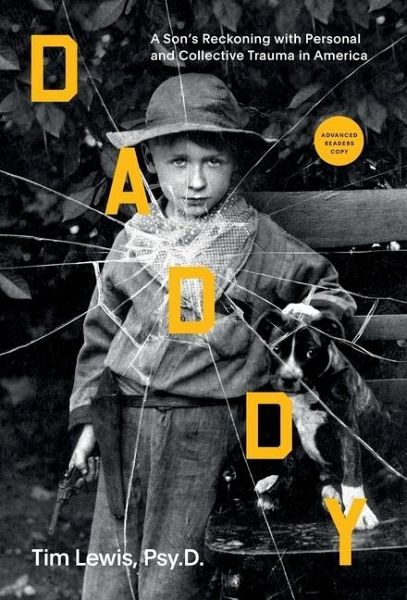
Daddy
A Son's Reckoning with Personal and Collective Trauma in America
Versandkostenfrei!
Versandfertig in 1-2 Wochen
21,99 €
inkl. MwSt.

PAYBACK Punkte
11 °P sammeln!
"A thoughtful and expansive biography of PTSD." -Annie Vainshtein, The San Francisco Chronicle ¿When Dr. Tim Lewis was twenty-eight years old, his father shot his mother while she was sleeping in his childhood bedroom, and then he turned the gun on himself. As he sat in the hospital waiting room while his mother clung to her life, his friends and family seemed to have only one question for him: "Why?" This book is his attempt at an answer. While Daddy is the story of Dr. Lewis's trauma, substance abuse, and his lifelong dedication to PTSD research as a clinical psychologist, it turns out it i...
"A thoughtful and expansive biography of PTSD." -Annie Vainshtein, The San Francisco Chronicle ¿When Dr. Tim Lewis was twenty-eight years old, his father shot his mother while she was sleeping in his childhood bedroom, and then he turned the gun on himself. As he sat in the hospital waiting room while his mother clung to her life, his friends and family seemed to have only one question for him: "Why?" This book is his attempt at an answer. While Daddy is the story of Dr. Lewis's trauma, substance abuse, and his lifelong dedication to PTSD research as a clinical psychologist, it turns out it is also the story of America and American men. When he first set out to write this book, Dr. Lewis intended to include a brief exploration of PTSD to help round out his personal narrative while including some helpful historical information about the early days of psychology. However, after just a little digging, solid, scientific-seeming principles began to slip through his fingers. He realized that as a culture-including in the discipline of psychology-our relationship with trauma is like that of a familiar cousin we see only at weddings and funerals-we might think we know it, but we don't. What Dr. Lewis discovered is not just an entertaining dive into medical history, but also a story with relevant, far-reaching implications, not the least of which is the question of personal responsibility in the perpetration of domestic abuse and other forms of violence. What happens to a person as they experience trauma? Are they in control as they are being traumatized? Years later, when and if that trauma resurfaces as abuse perpetrated on others, are they in control then? How come some victims become abusers and others don't? There are no easy answers to these questions, but in Daddy, Dr. Lewis explores possible conclusions through the history of his own trauma, his father's upbringing and time fighting in World War II, and the United States' troubling past of slavery, misogyny, war, and systemic oppression. Betty White also makes an appearance. The Founding Fathers who signed the Declaration of Independence assuring that "all men are created equal" were also men who beat and enslaved human beings. If we can for a moment see our whole nation as a single person whose guiding principle is this document, what does it mean for our founding principles to be so rife with delusion and cognitive dissonance? In what way is our culture itself traumatized and forever oscillating back and forth-like a traumatized person presenting Borderline Personality Disorder-between victim and perpetrator. Finally, through therapy, meditation, education, and radical acceptance, can PTSD, Borderline Personality Disorder, and other issues related to trauma be cured for good? Can we help ourselves and those in our lives to leave their pasts behind and re-emerge as more caring, more present, and less troubled individuals?



